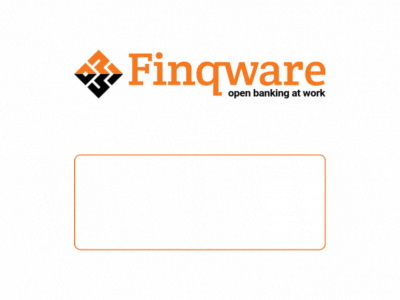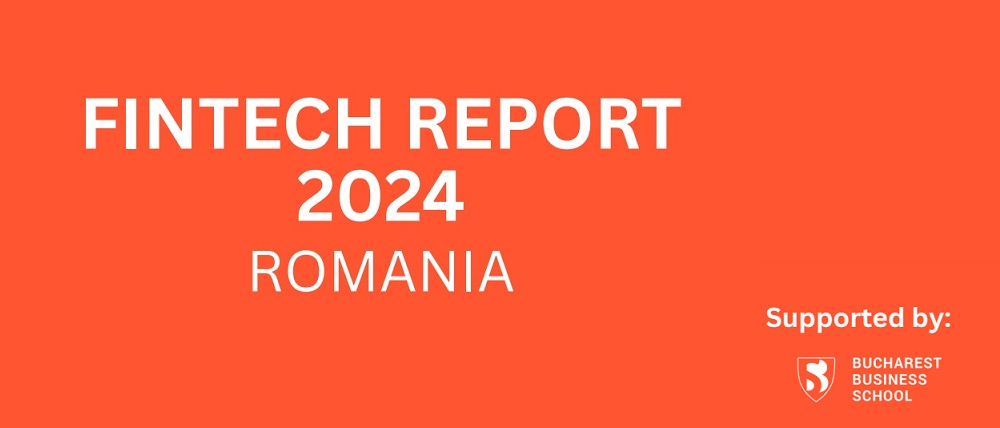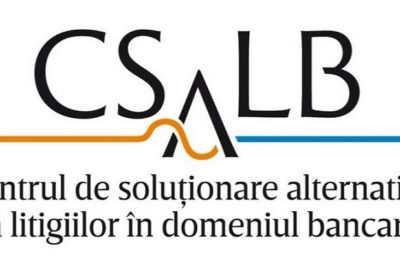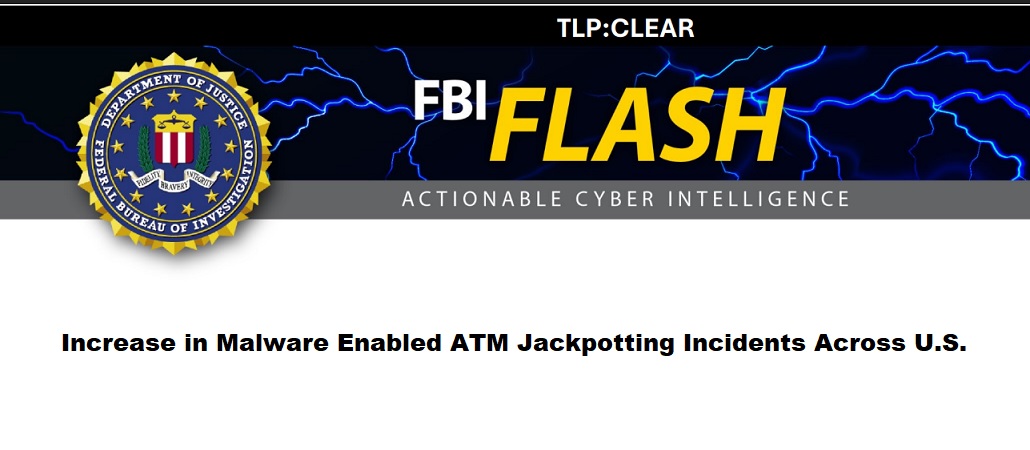Open Banking – looking beyond regulatory compliance

An article written by Tony McLaughlin, Emerging payments and Business Development at Citi.
Open Banking seems to have sent many banks into compliance mode in Europe. It is true that fintechs will use Open Banking to build Personal Financial Management (PFM) apps that could disintermediate banks from the customer relationship. New style lenders will be able to access bank account data to perform better credit assessments. In addition, regulators have chosen to open up two services – account information and payment initiation – where the banks have limited ability to charge. It is hard to see why banks would approach Open Banking as anything other than a compliance project.
However, there is much more at stake than the appearance of cool apps that tell users how much coffee they drink. We are moving into a world of digital platforms that will seamlessly incorporate financial services. McKinsey estimates that by 2025, around USD 60 trillion of economic activity will migrate to these B2C and B2B platforms . As these platforms multiply and reach global scale, they may become the dominant venues for commerce and the largest aggregation points for financial services. Who will provide the financial services in a world of platforms, though?
Banks have physical branches on the high street and digital branches through their own proprietary mobile and web portals. Banks are built around maintaining the customer relationship, but what happens when the customer relationship moves to a digital platform that incorporates financial services? As we move into the digital economy, banks are starting to see that there is a huge opportunity in providing services into platforms through APIs.
There is a race that is still in its early stages, so we cannot yet foresee the likely winners. It is a race between banks, fintechs, and big techs aiming to become the financial layer in the digital economy. Platforms will be the aggregation points for consumers and businesses, and the perfect place to inject financial services.
In the hyper-connected, real time, 24/7 internet economy, the minimum viable scale is global and the only way to connect is through APIs. For banks, it will be table stakes to provide all core services through APIs, including the most core of all – lending. It will not come as a surprise that non-traditional API lenders are intercepting customers on digital platforms.
In this world of ‘everything as a service,’ banks need to deploy the concept of ‘balance sheet as a service’ to meet the needs of both buyers and suppliers on digital platforms. So far, there has not been a bank to deploy the right APIs to ingest data from a short-term rental platform so that they can make home improvement loans to hosts, yet this is only one small example of the true promise of Open Banking when we go far beyond the regulatory minimum.
In Hollywood they say ‘show, don’t tell’, which is why we have worked with SWIFT, merchants, banks, and fintechs to develop the ‘Pay Later API’ . This is a standardised API through which any bank can provide simple instalment lending at the digital point of purchase.
We have also developed a ‘Pre-authorisation’ API to meet the needs of businesses such as hotels, which need to have some evidence of payment, but don’t know the final amount until the end of the stay. This is only the beginning – we envision a full suite of retail and wholesale banking APIs consistent with ISO 20022 and JSON and standardised at the global level.
There are two shifts required in bank thinking – stop approaching Open Banking as a compliance project, and don’t think that your API strategy should be based on proprietary standards. Banks should know that the engineers building global platforms will be most upset if they are faced with every bank doing their own thing – they will go to fintechs or do it themselves rather than wrestle with hundreds of different banking APIs.
Changing the mindsets of banks isn’t enough – they will also have to change their infrastructure and organisations. No bank is going to survive the digital transition if IT remains a back office function: in Silicon Valley the engineers are the front office.
Open Banking is not about a September 2019 deadline or a fintech’s cool mobile interface. This is a life or death race to become the financial layer in the digital economy. The platform world isn’t like the physical world – there are no spatial dimensions – no up, down, left or right. If banks try to carry over what might have worked in the physical realm to the digital economy, there will be some hard lessons.
If banks focus on the right must-win battles, like working together on a federated Bank ID scheme for Europe (for example) and working together on global API standards, then the future is full of new opportunities as digital technology reshapes the world.
About the author
Tony McLaughlin is in charge of Emerging Payments & Business Development Treasury & Trade Solutions at Citi. He is responsible for Emerging Payments and Business Development in Citi’s Treasury and Trade Solutions (TTS) business.
Tony works on Citi’s ‘Future of Money’ strategy, is responsible for the TTS ecommerce proposition, and is deeply involved in new methods of payment, distributed ledger, and fintech engagements. He provides advice on the future of payments to governments, regulators, fintechs, big techs, corporates and financial institutions.
Dariusz Mazurkiewicz – CEO at BLIK Polish Payment Standard
Banking 4.0 – „how was the experience for you”
„To be honest I think that Sinaia, your conference, is much better then Davos.”
Many more interesting quotes in the video below:












